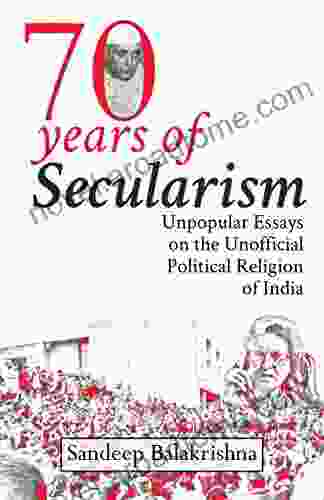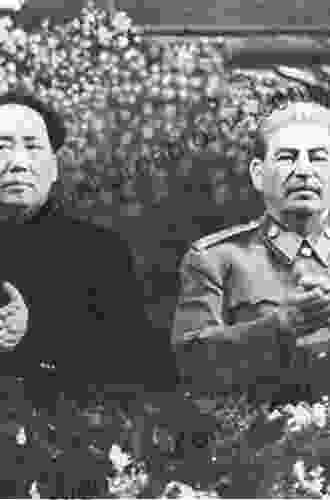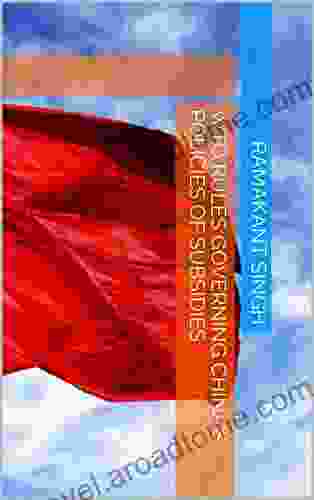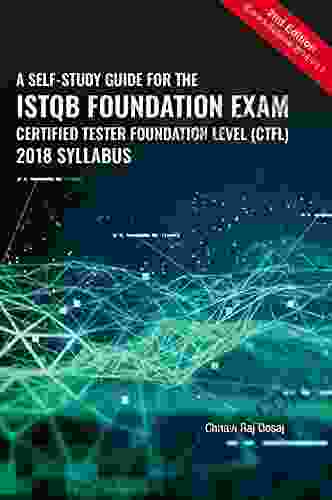WTO Rules Governing China's Policies of Subsidies: A Comprehensive Overview

Subsidies are a form of government financial assistance provided to businesses or individuals. They can take various forms, such as direct payments, tax breaks, or low-interest loans. Subsidies can be used to promote economic development, support specific industries, or achieve other policy objectives.
4.1 out of 5
| Language | : | English |
| File size | : | 1328 KB |
| Text-to-Speech | : | Enabled |
| Screen Reader | : | Supported |
| Enhanced typesetting | : | Enabled |
| Word Wise | : | Enabled |
| Print length | : | 10 pages |
| Lending | : | Enabled |
China is a major user of subsidies. The country's subsidy programs have been a subject of controversy, with some arguing that they provide unfair advantages to Chinese companies and harm foreign competitors. In response to these concerns, the World Trade Organization (WTO) has developed a set of rules governing subsidies. These rules are designed to ensure that subsidies do not distort trade and create a level playing field for businesses from all countries.
Legal Framework
The WTO rules governing subsidies are set out in the Agreement on Subsidies and Countervailing Measures (ASCM). The ASCM defines a subsidy as any financial contribution by a government or any public body that confers a benefit on a specific enterprise or industry.
The ASCM prohibits subsidies that are specific to certain enterprises or industries. However, there are some exceptions to this rule. For example, subsidies are permitted for research and development, environmental protection, and regional development.
The ASCM also prohibits subsidies that cause serious prejudice to the interests of other WTO members. Serious prejudice can occur when subsidies lead to increased imports, decreased exports, or the displacement of domestic production.
Enforcement Mechanisms
The WTO has several mechanisms for enforcing its rules on subsidies. The most common mechanism is the dispute settlement system. Under the dispute settlement system, a WTO member can file a complaint against another member that it believes is violating the WTO rules. If the complaint is upheld, the violating member must either withdraw the subsidy or modify it so that it complies with the WTO rules.
The WTO also has a subsidy notification system. Under the notification system, WTO members are required to notify the WTO of any subsidies that they provide. This information helps the WTO to monitor the use of subsidies and identify potential violations of the ASCM.
Case Studies
There have been several high-profile cases involving China's subsidy policies. One of the most significant cases was the dispute between the United States and China over China's subsidies for its wind power industry.
In 2011, the United States filed a complaint with the WTO, alleging that China's subsidies for its wind power industry were causing serious prejudice to the interests of U.S. wind power producers. The United States argued that the subsidies were providing Chinese wind power producers with an unfair advantage in the global market.
The WTO panel that adjudicated the dispute found that China's subsidies were specific to its wind power industry and that they caused serious prejudice to the interests of U.S. wind power producers. The panel recommended that China withdraw the subsidies or modify them so that they complied with the WTO rules.
China initially resisted the WTO panel's findings. However, in 2017, China agreed to modify its wind power subsidies in Free Download to comply with the WTO rules.
The China-U.S. wind power dispute is just one example of the WTO's efforts to enforce its rules on subsidies. The WTO has also adjudicated disputes involving subsidies for other industries, such as steel, aluminum, and agriculture.
The WTO rules governing subsidies are an important tool for ensuring that subsidies do not distort trade and create a level playing field for businesses from all countries. The WTO has a number of mechanisms for enforcing its subsidy rules, including the dispute settlement system and the subsidy notification system.
China is a major user of subsidies. The country's subsidy programs have been a subject of controversy, with some arguing that they provide unfair advantages to Chinese companies and harm foreign competitors. However, the WTO has taken steps to ensure that China's subsidy programs comply with the WTO rules.
The WTO's rules on subsidies are a key part of the global trading system. They help to ensure that trade is fair and that businesses from all countries have a level playing field.
4.1 out of 5
| Language | : | English |
| File size | : | 1328 KB |
| Text-to-Speech | : | Enabled |
| Screen Reader | : | Supported |
| Enhanced typesetting | : | Enabled |
| Word Wise | : | Enabled |
| Print length | : | 10 pages |
| Lending | : | Enabled |
Do you want to contribute by writing guest posts on this blog?
Please contact us and send us a resume of previous articles that you have written.
 Book
Book Novel
Novel Page
Page Chapter
Chapter Text
Text Story
Story Genre
Genre Reader
Reader Library
Library Paperback
Paperback E-book
E-book Magazine
Magazine Newspaper
Newspaper Paragraph
Paragraph Sentence
Sentence Bookmark
Bookmark Shelf
Shelf Glossary
Glossary Bibliography
Bibliography Foreword
Foreword Preface
Preface Synopsis
Synopsis Annotation
Annotation Footnote
Footnote Manuscript
Manuscript Scroll
Scroll Codex
Codex Tome
Tome Bestseller
Bestseller Classics
Classics Library card
Library card Narrative
Narrative Biography
Biography Autobiography
Autobiography Memoir
Memoir Reference
Reference Encyclopedia
Encyclopedia Smart Brain Training Solutions
Smart Brain Training Solutions William Keisling
William Keisling Robert Cervero
Robert Cervero Noel Boivin
Noel Boivin Susanna Lemar
Susanna Lemar Sienna Mynx
Sienna Mynx Sam Ricks
Sam Ricks Susan Evans
Susan Evans Sarah Albee
Sarah Albee Rea Nolan Martin
Rea Nolan Martin Susan Bartlett Crater
Susan Bartlett Crater Wm Andrew Schwartz
Wm Andrew Schwartz Susan Quayle
Susan Quayle S T Joshi
S T Joshi Robert Crosby
Robert Crosby Thomas Mann
Thomas Mann Thomas H Mccall
Thomas H Mccall Yaacov David Shulman
Yaacov David Shulman Rhea Paul
Rhea Paul Robert Bevan
Robert Bevan
Light bulbAdvertise smarter! Our strategic ad space ensures maximum exposure. Reserve your spot today!

 Gabriel Garcia MarquezApplied Architecture Patterns On The Microsoft Platform: A Comprehensive...
Gabriel Garcia MarquezApplied Architecture Patterns On The Microsoft Platform: A Comprehensive... Eugene PowellFollow ·16.7k
Eugene PowellFollow ·16.7k Elias MitchellFollow ·2.4k
Elias MitchellFollow ·2.4k Edwin CoxFollow ·8.1k
Edwin CoxFollow ·8.1k Timothy WardFollow ·19.5k
Timothy WardFollow ·19.5k Doug PriceFollow ·19.5k
Doug PriceFollow ·19.5k Joe SimmonsFollow ·13.8k
Joe SimmonsFollow ·13.8k Ivan TurgenevFollow ·7.7k
Ivan TurgenevFollow ·7.7k Patrick RothfussFollow ·6.7k
Patrick RothfussFollow ·6.7k

 Eli Brooks
Eli BrooksOver 700 Organic Remedies Shortcuts And Tips For The...
: Embracing the Power of...

 Carter Hayes
Carter HayesUnveiling the Unofficial Political Religion of India: A...
Embark on an...

 Colin Richardson
Colin RichardsonOf Colors and Critters: A Journey Through the Animal...
In the tapestry of...

 Harry Hayes
Harry HayesUnveiling the Hidden Truths: Mao, Stalin, and the Korean...
Step into the enigmatic realm of the 20th...

 George Bernard Shaw
George Bernard ShawBand 1b Pink: A Journey Through the World of Reading
Band 1b Pink is a...
4.1 out of 5
| Language | : | English |
| File size | : | 1328 KB |
| Text-to-Speech | : | Enabled |
| Screen Reader | : | Supported |
| Enhanced typesetting | : | Enabled |
| Word Wise | : | Enabled |
| Print length | : | 10 pages |
| Lending | : | Enabled |












